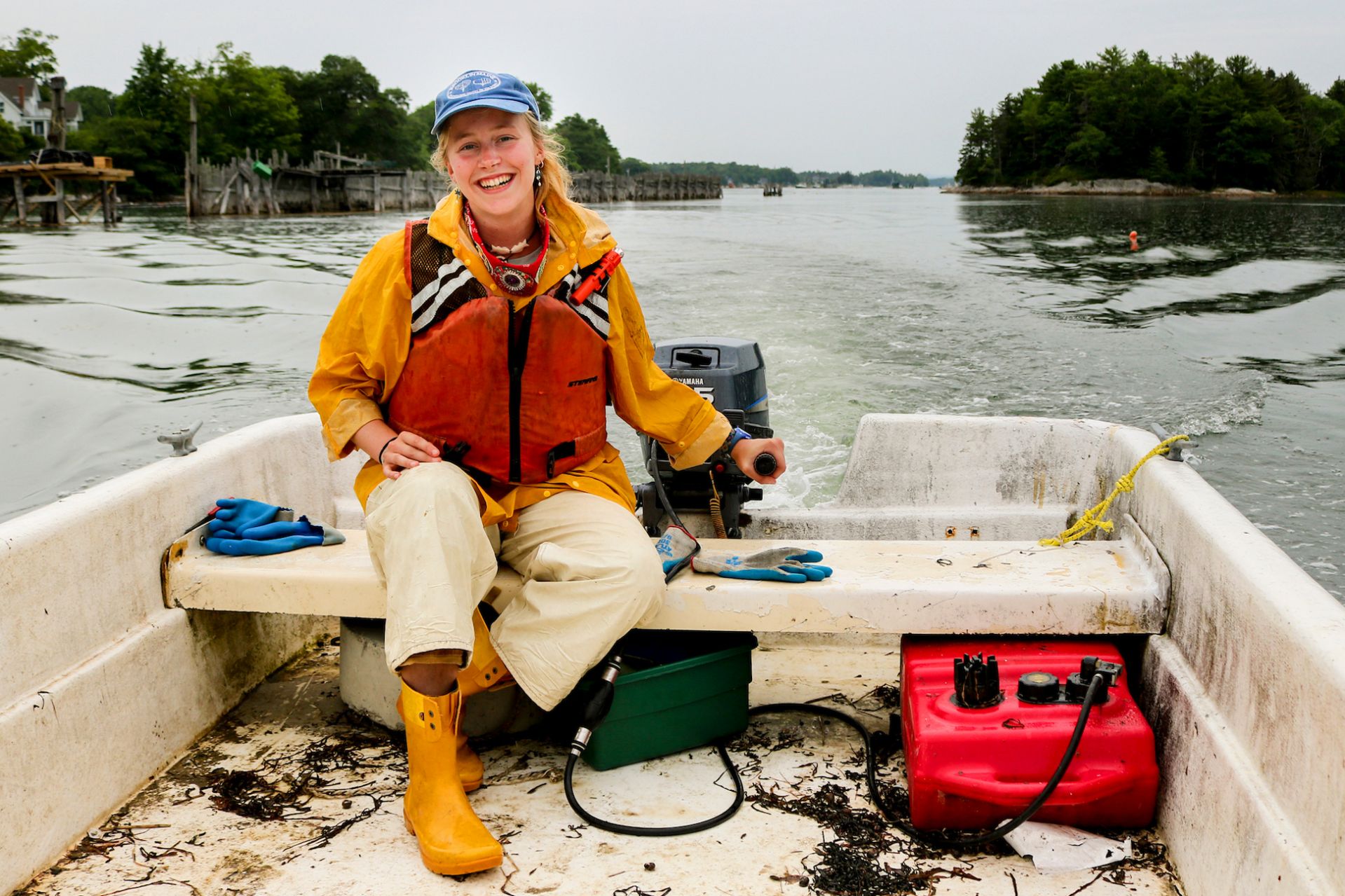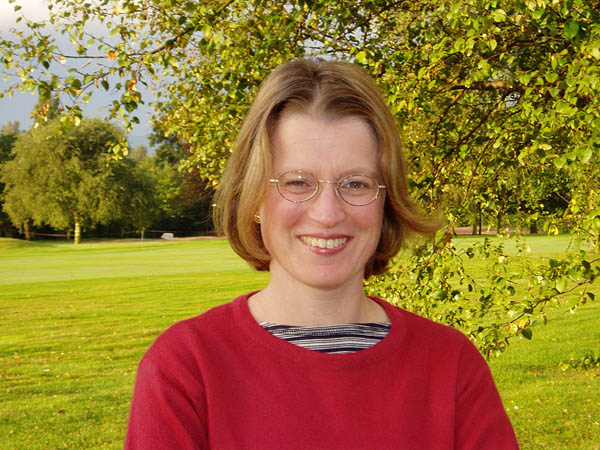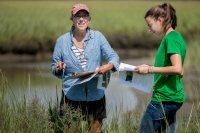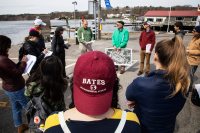
Theologian’s lecture to propose ‘collective conscience’ as response to climate change
With climate change looming as a great challenge of this century, theologian Celia Deane-Drummond will call for the development of a collective conscience as a moral response to the phenomenon in a lecture at 7 p.m. Wednesday, Nov. 30, in Chase Hall Lounge, 56 Campus Ave.
The annual Zerby Lecture in Contemporary Religious Thought is sponsored by the Office of the Multifaith Chaplain. For more information, please call 207-786-8272.
Deane-Drummond’s talk, A Case for Collective Conscience: The Moral Challenge of Climate Change, will articulate the need for a collective conscience among differing races, faiths and cultures in the face of global challenge. Her talk will also address issues of social responsibility and religious solidarity in relation to collective conscience and climate change.
“Collective fervor surrounding climate change in the Western world was stirred up in the aftermath of email leaks about climate science, known as ‘climategate,’ ” says Deane-Drummond. This fervor seemed to have a measureable impact on the outcome of the international climate-change talks in Copenhagen in 2009.
“I suggest in my talk that collective conscience is a useful tool in helping analyze the dynamics of social responsibility at a collective level,” she says.
Deane-Drummond is professor in theology at the University of Notre Dame. From 2000 to 2011 she held a chair in theology and the biological sciences at the University of Chester, United Kingdom, and was founding director of the Centre for Religion and the Biosciences.
In May 2011 she was elected chair of the European Forum for the Study of Religion and Environment. She was editor of the international journal Ecotheology from 2000 to 2006.
Her books include Christ and Evolution: Wonder and Wisdom (Fortress Press, 2009); Creaturely Theology: On God, Humans and Other Animals, edited with David Clough (SCM Press, 2009); Seeds of Hope: Facing the Challenge of Climate Justice (CAFOD, 2010); and Religion and Ecology in the Public Sphere, edited with Heinrich Bedford Strohm (Continuum, 2011).
Deane-Drummond graduated with a master’s in natural sciences from Cambridge University and a doctorate in plant physiology at Reading and Letcombe Research Station, Oxford University. She earned a second doctorate, in theology, at Manchester University.
The Rayborn Lindley Zerby Lectureship on Contemporary Religious Thought was established with a gift to Bates by the Campus Association in April 1965. The series was initiated the following year by the late Samuel Miller, dean of Harvard Divinity School.
The lectureship honors Zerby, a man who devoted many years to the growth of Bates College as a teacher and as dean of the faculty.
As an instructor at Bates, he was promoted to assistant professor of religion in 1932, associate professor in 1935 and full professor in 1942. He chaired the Department of Religion and Philosophy from 1930 to 1945.
Zerby served as director of the Chapel from 1945 until his retirement, in 1962, and was appointed dean of the faculty in 1958.





